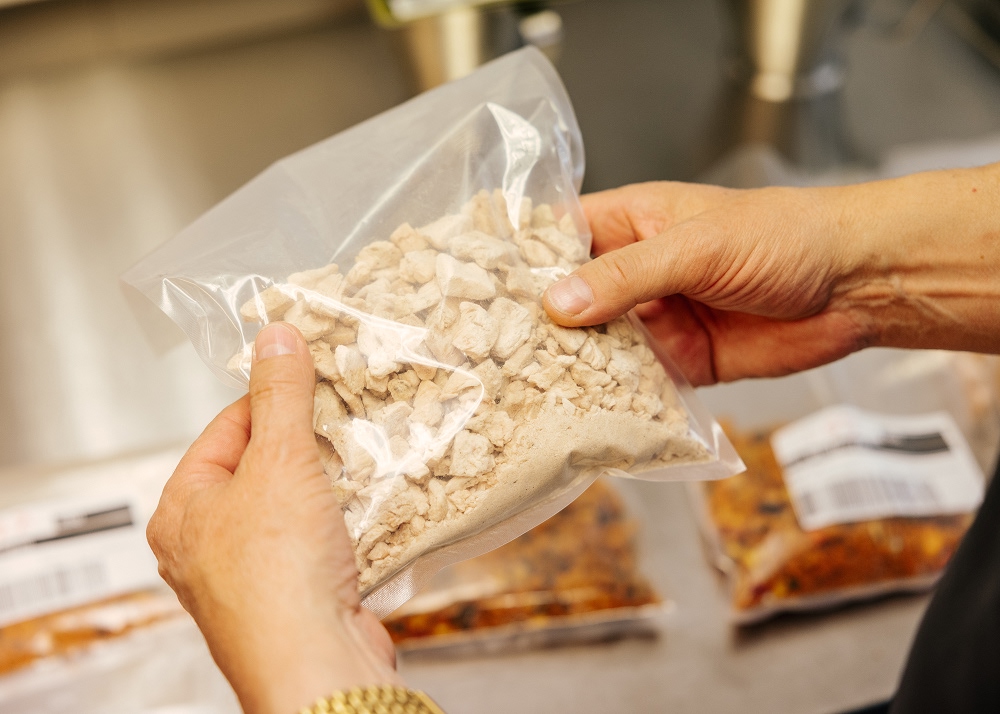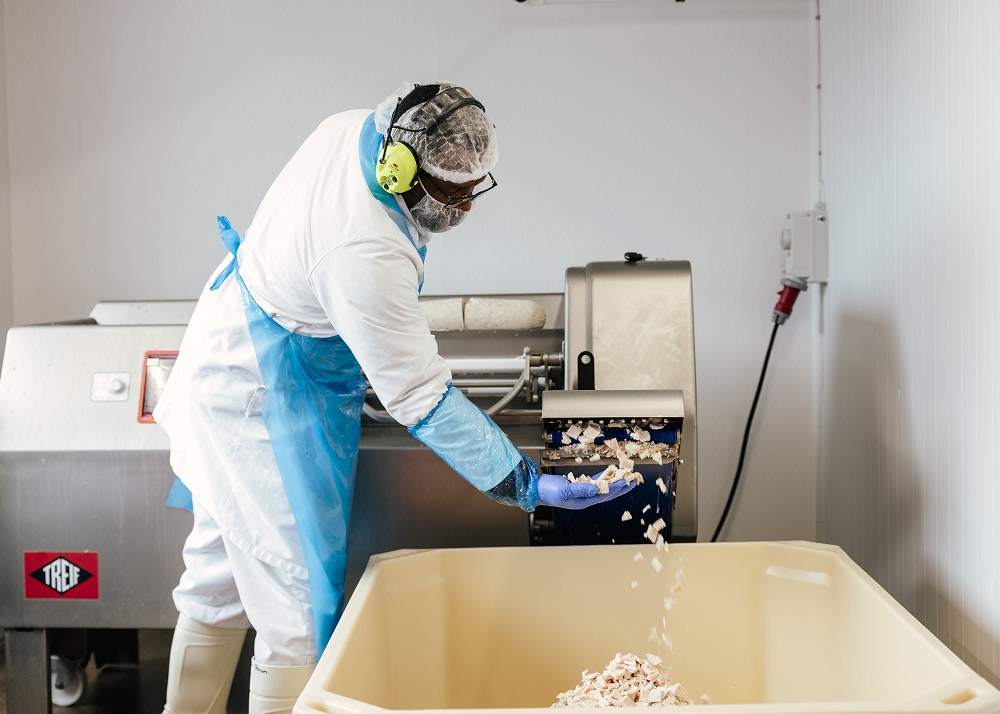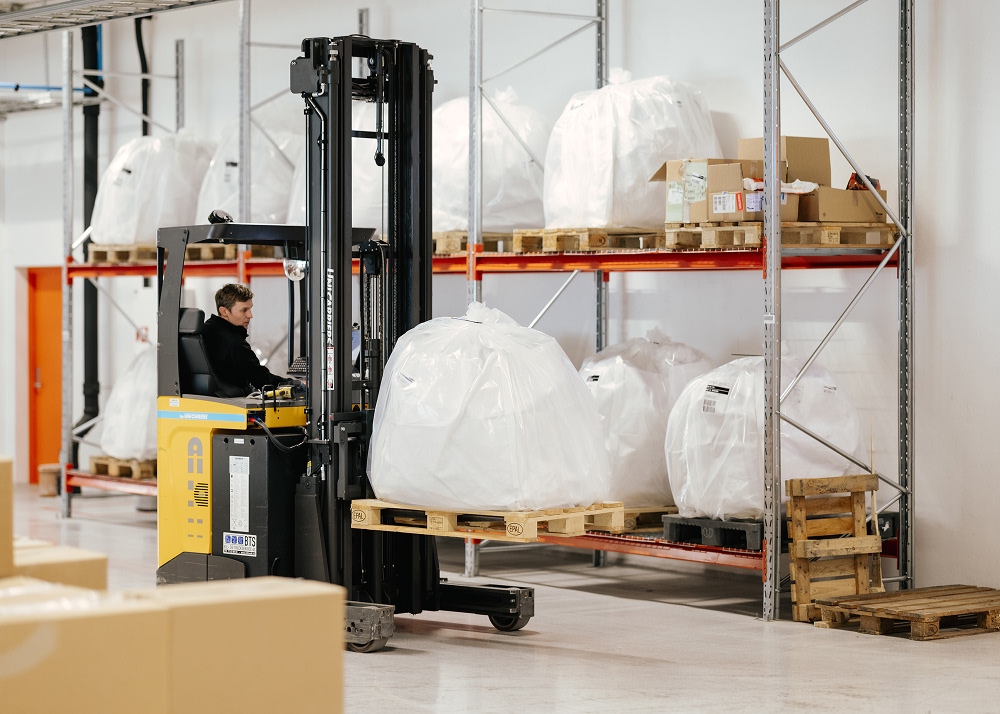Your cart is currently empty!
Sustainable Supply Chain
We aim for a sustainable supply chain by prioritizing certified, local suppliers, strengthening partnerships, and using tools like INANKO to track progress.
Published
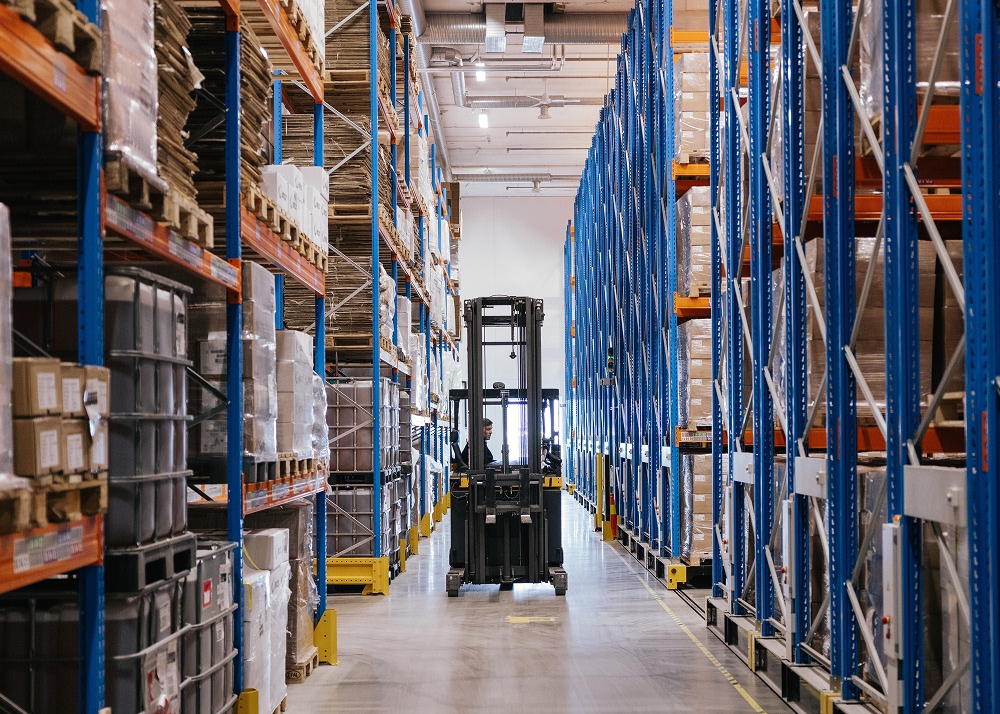
Our long-term goals
We aim for 80% of our revenue to come from suppliers that are either certified for their environmental practices or actively working toward certification.
To reach our 2030 target we must

Ensure suppliers recognize human rights
Ensure suppliers adhere to internationally recognized human rights standards.
Expect fair labor practices
Expect all entities in our value chain to provide fair wages, healthy working conditions and respect working hours.
Stay updated on supplier certifications
Continuously stay updated on suppliers certifications.
Nurture strong supplier partnerships
Focus on building close, long-term relationships with our suppliers.
Implement Dual materiality analysis
This will help us understand both how our supply chain affects the environment and society.
Our approach
We are committed to responsible business practices that promote human rights, fair labor, environmental responsibility, and resilient supplier relationships. Our approach spans the entire value chain—from our own operations to those of our partners—ensuring that ethical standards are upheld consistently.
We align with internationally recognized frameworks such as the UN Guiding Principles on Business and Human Rights, the ILO Core Conventions, and the OECD Guidelines for Multinational Enterprises. Fair wages, safe working conditions, and the prevention of forced or child labor are core expectations for all parties we work with.
Environmental responsibility plays a central role in our procurement goals. We aim to source predominantly from partners who are certified or actively pursuing environmental certifications.
Our supplier relationships are based on long-term collaboration and mutual accountability. We work closely with our partners to manage key risks related to food safety, quality, delivery, ethical conduct, and environmental impact.
To strengthen our insight into these areas, we will apply a dual materiality lens—assessing how our operations affect the world around us, and how external factors, in turn, influence our business. Beginning in 2025, we will adopt the INANKO Procurement Platform to enhance transparency and oversight across our supply chain.
This ongoing, principles-based approach guides our decisions and shapes the partnerships we rely on.
Impact so far

Ensure suppliers recognize human rights
We are still in the process of fully applying these standards across our supply chain.
Read our: Code of Conduct.
Expect fair labor practices
We are still in the process of fully applying these standards across our supply chain.
Read our: Code of Conduct.
Stay updated on supplier certifications
We are still in the process of fully applying these standards across our supply chain.
Read our: Code of Conduct.
Nurture strong supplier partnerships
While we’ve already made good progress in setting expectations and engaging our suppliers, the focus going forward is on deepening this work and ensuring compliance and supporting continuous improvement.
Read our: Code of Conduct.
Implement Dual materiality analysis
We are still in the process of fully applying these standards across our supply chain.
Read our: Code of Conduct.
Key steps moving forward
Operationalize the INANKO Procurement Platform
Begin full-scale implementation and integration of the INANKO tool to monitor supplier performance, environmental metrics, and climate-related actions. Use the insights gained to guide procurement decisions and engagement strategies.
Conduct a Dual materiality analysis
Finalize the framework for assessing both inward and outward sustainability impacts. This will support compliance with future regulations (e.g., CSRD) and ensure a balanced understanding of risk and opportunity across ESG dimensions.
Strengthen supplier assessments and audits
Expand your due diligence processes to include more comprehensive evaluations of labor practices, environmental efforts, and ethical conduct—especially for high-risk or high-volume suppliers.
Enhance supplier engagement and training
Provide structured guidance and resources to help suppliers understand your expectations. Facilitate workshops, checklists, or templates that make it easier for partners to improve in areas like certification readiness and risk management.
Set and monitor quantitative goals
Track progress toward targets such as: 80% of revenue from environmentally certified or committed suppliers.
Embed ESG criteria in procurement decisions
Formally incorporate ethical, social, and environmental criteria into supplier selection and contract renewal processes—making them an integral part of how you evaluate supplier performance.
Prepare for regulatory alignment
Stay ahead of EU and global regulations by aligning your practices with upcoming disclosure and due diligence requirements. This includes preparing relevant documentation and internal systems for reporting.
Lates actions
-
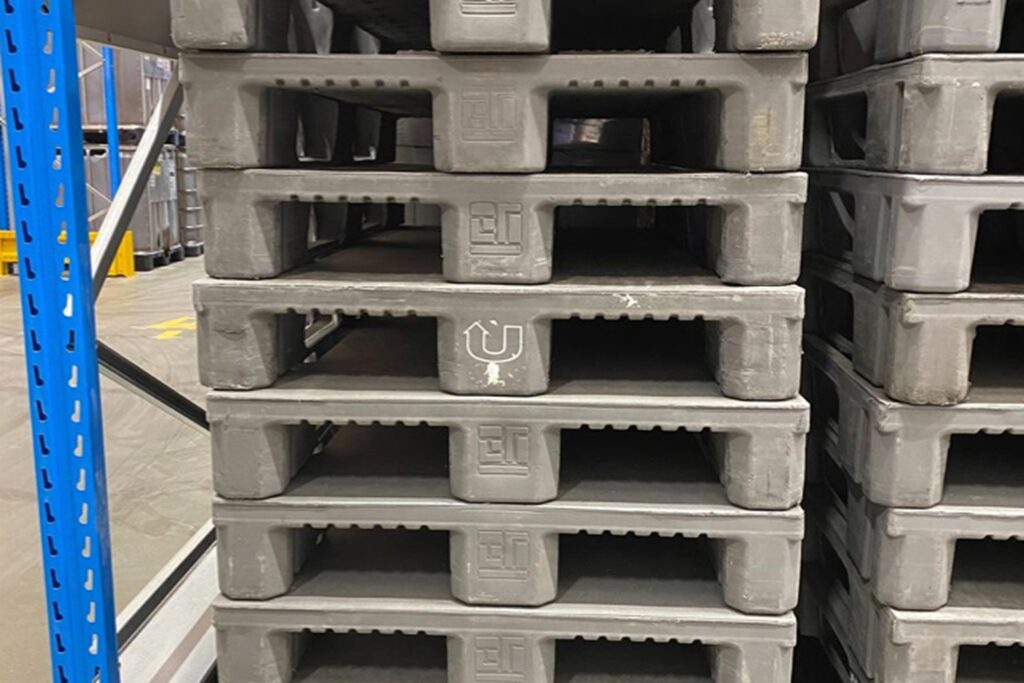 Sustainable Supply Chain
Sustainable Supply ChainFrom wood to recycled plastic
Read more: From wood to recycled plasticThrough our partnership with the Norsk Lastebærer Pool, we use recyclable and reusable plastic pallets to improve the sustainability of our incoming deliveries. Looking ahead, we plan to expand this solution to outgoing goods, further enhancing supply chain efficiency and reducing environmental impact.
-
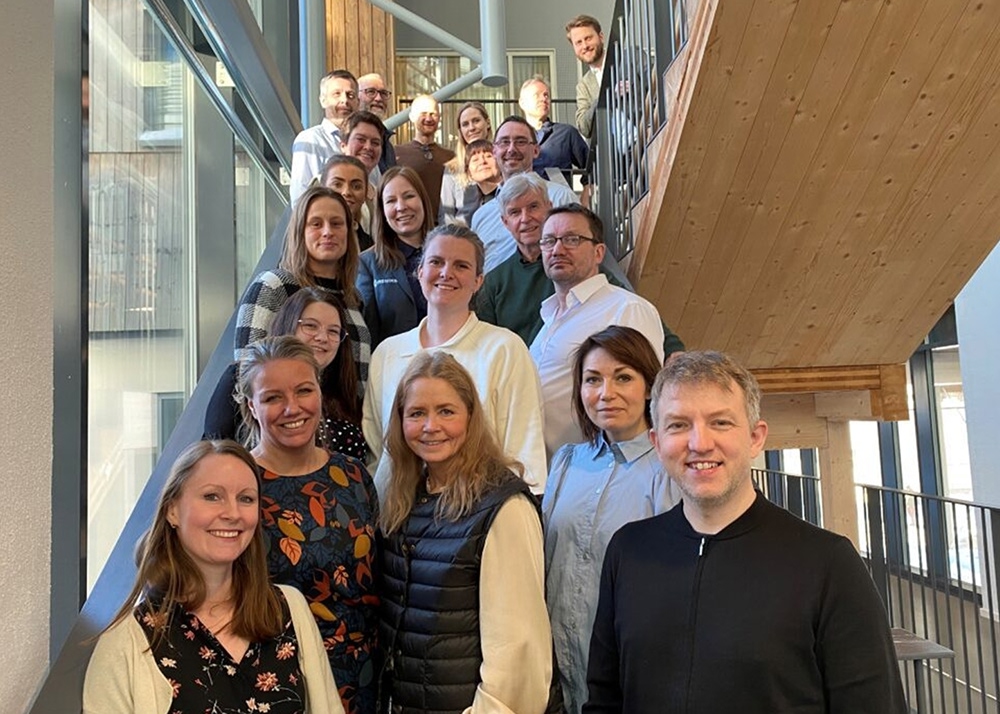 Sustainable Supply Chain
Sustainable Supply ChainOur commitment to the UN Global Compact
Read more: Our commitment to the UN Global CompactWe have been a proud member of the UN Global Compact since 2012, aligning our operations with global principles on human rights, labor, environment, and anti-corruption.
Learn more about our focus area human and society
- At least 50% of our portfolio consists of allergen-friendly options or fish-meals.
